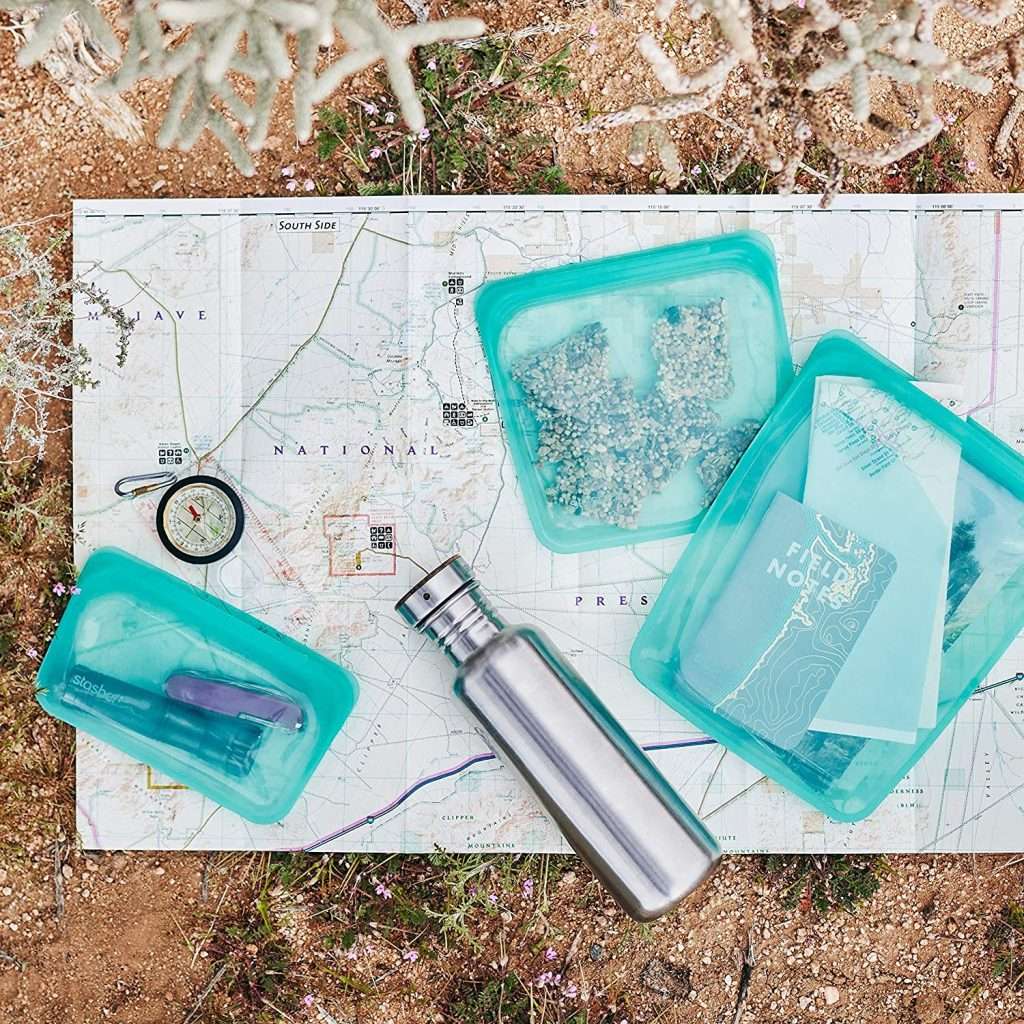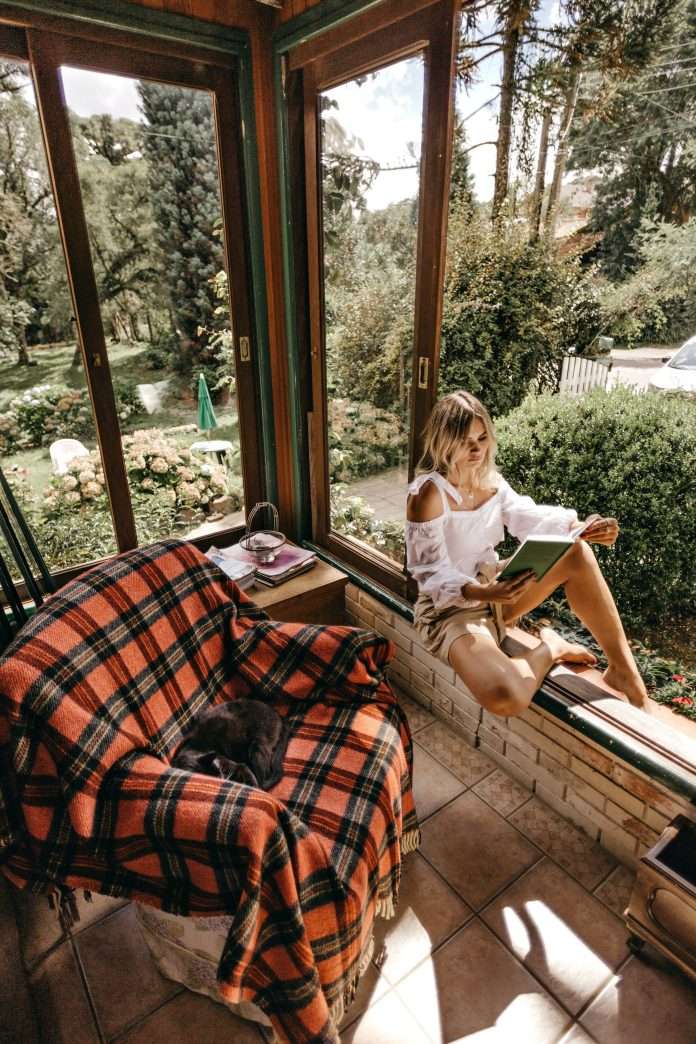Zero-waste is a movement that is gaining momentum around the world. And it’s never been easier to get started. These zero-waste tips are easy to incorporate at home.
The idea behind zero waste is simple: to reduce the amount of waste we produce as a society to as close to zero as possible. The movement emphasizes the importance of being mindful of our consumption and the impact it has on the environment.
There are many reasons why zero waste matters. One of the biggest is that our current linear model of consumption, where we extract resources, use them to make products, and then dispose of them in landfills or incinerators, is unsustainable.
As the world’s population continues to grow and consumption increases, we are running out of natural resources, polluting our environment, and contributing to climate change. By reducing our waste and adopting a circular model, where resources are reused and repurposed, we can reduce our impact on the environment and build a more sustainable future.

Reducing waste can also have a positive impact on our personal lives. By consuming less, we can save money, declutter our homes, and reduce our stress levels. By adopting a zero-waste lifestyle, we can also support local businesses, farmers, and artisans, who often prioritize sustainable practices.
Zero-waste tips
If you are interested in reducing your waste and adopting a more sustainable lifestyle, there are many things you can do. Here are 71 zero-waste tips to get you started:
- Bring your own reusable bags to the grocery store or farmers market — this includes bags for produce.
- Use a reusable water bottle instead of disposable plastic bottles.
- Carry a reusable coffee cup instead of using disposable cups.
- Use cloth napkins instead of paper napkins.
- Use a reusable lunch box instead of plastic bags or containers.
- Make your own cleaning products using natural ingredients such as vinegar, baking soda, and lemon juice. This reduces plastic but also cuts down on the number of chemicals you introduce into the environment, too.
- Use bar soap instead of liquid soap in plastic bottles.
- Use a safety razor instead of disposable razors.
- Switch to bamboo or wooden toothbrushes.
- Make your own baking soda toothpaste.
- Use cloth towels instead of paper towels.
- Use reusable silicone food storage bags instead of plastic bags.
- Use a metal straw instead of disposable plastic straws.
- Use a bidet or a washable cloth instead of toilet paper.
- Repair clothes instead of throwing them away.
- Donate clothes you no longer need to charity.
- Buy secondhand clothes instead of new ones.
- Use a clothesline or drying rack instead of a dryer.
- Compost food scraps instead of throwing them in the trash. This helps reduce methane emissions from landfills.
- Use a reusable snack bag instead of plastic bags.
- Use a refillable pen instead of disposable pens.
- Use a refillable lighter instead of disposable lighters.
- Use cloth diapers instead of disposable diapers.
- Use a handkerchief instead of tissues.
- Use a refillable bottle for your hand sanitizer instead of disposable plastic bottles.
- Use a metal food container instead of plastic ones for takeaway food.
- Use a bar of soap instead of liquid soap in plastic bottles.
- Use a bamboo or wooden dish brush instead of a plastic one.
- Use a metal or glass bottle for your shampoo and conditioner instead of plastic bottles.
- Use a reusable makeup remover pad instead of disposable ones.
- Use a reusable face mask instead of disposable ones.
- Buy in bulk.
- Use cloth napkins instead of paper ones. You can easily wash and reuse them.
- Purchase products that come in refillable or reusable containers. This helps reduce waste from packaging.
- Make your own snacks instead of buying packaged ones. This reduces waste from packaging.
- Use a reusable coffee filter instead of disposable ones. This reduces waste from coffee filters.
- Purchase products made from sustainable materials such as bamboo or recycled materials.
- Make your own bread instead of buying packaged bread. This reduces waste from packaging and tastes incredible.
- Use rechargeable batteries instead of disposable ones. And recycle any batteries you have to dispose of.
- Switch to a compostable phone case instead of a plastic one. This reduces waste from plastic phone cases.
- Use a bamboo utensil set instead of disposable plastic take-out utensils to reduce plastic waste.
- Use a reusable cloth mop instead of disposable ones.
- Use a natural loofah instead of a plastic shower sponge.
- Use LED light bulbs: Switch to LED light bulbs, which last much longer than traditional light bulbs and use less energy.
- Use natural pest control: Instead of using harsh chemicals to control pests in your home, opt for natural solutions like essential oils, diatomaceous earth, or sticky traps.
- Use natural personal care products: Many personal care products contain harsh chemicals and come in single-use plastic packaging. Switch to natural products made from simple, plant-based ingredients that biodegrade. Many come in zero-waste refill options, too.
- Repair instead of replace: When something breaks, try to repair it instead of immediately replacing it. This can save you money and reduce waste.
- Wear natural fiber clothing: Choose clothing made from natural fibers like cotton, hemp, or bamboo instead of synthetic materials. They’re more eco-friendly and can be recycled or composted at the end of their life.
- Use a clothesline: Ditch your dryer and hang your clothes to dry on a clothesline. It’s a simple way to save energy and reduce your carbon footprint.
- Ride a bike or walk: Instead of driving everywhere, try to use a bike or walk when possible. It’s better for your health and the environment.
- Be mindful of the energy you use at home by turning off lights, unplugging electronics, and using energy-efficient appliances.
- Grow your own food. This cuts down on transport, packaging waste, saves you money, and tastes incredible.
- Catch and reuse your gray water runoff from the shower or washer and dryer to water your gardens.
- Catch rainwater and use it for your garden.
- Save your wine corks and turn them into cork boards, trivets, or other useful items around the house.
- Wash and reuse aluminum foil.
- Use a reusable silicone baking mat instead of disposable parchment paper.
- Wear clothes such as jeans, sweaters, suits, and some formal wear multiple times before washing to cut down on water waste and detergent use.
- Meal plan.
- Shop for groceries more frequently to cut down on food waste.
- Use onion skins, carrot tops, celery roots, and other veggie scraps to make broth.
- Purée up your leftover greens like spinach and kale with a little water, pour them into ice cube trays, and freeze to pop them into smoothies, soups, and sauces.
- Donate your leftovers to a local community refrigerator.
- Covert your grass into a garden for local pollinators. It also cuts down on water usage and can grow some yummy food and gorgeous wildflowers.
- Host a community clothing swap.
- Trade in your used electronics. Apple, Amazon, Walmart, and Target all have buy-back programs that keep these items out of landfills and give you credit toward new items.
- Switch from tea bags to loose tea.
- Switch to paperless billing for all of your monthly bills.
- Turn old towels and sheets into cleaning rags.
- Unplug devices not in use, especially phone or computer chargers.
- Run the dishwasher or washing machine only when full.
Related on Ethos:


